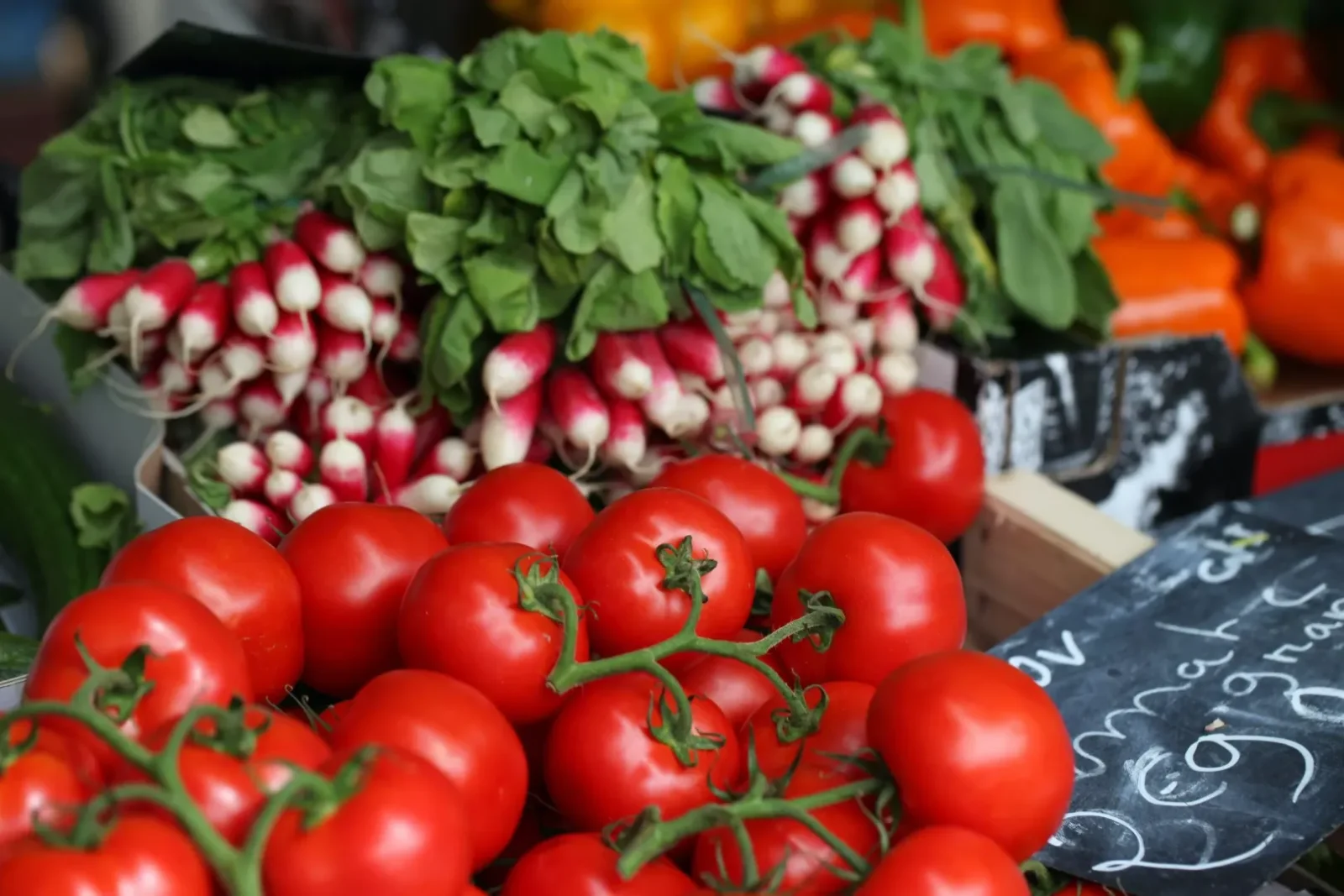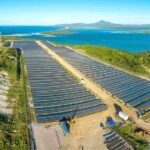South Africa has recorded a significant 26% increase in produce exports to the United States during the second quarter of 2025, driven largely by strong harvests across the country, Agriculture Minister John Steenhuisen announced on Monday. However, the recent imposition of a 30% tariff by the administration of US President Donald Trump is raising concerns about the sustainability of this growth and the future of South Africa’s agricultural trade with one of its biggest international partners.
According to Steenhuisen, the value of agricultural exports from Africa’s most industrialized economy to the US reached $161 million (R2.84 billion) in the quarter, up from $118 million (R2.08 billion) in the first quarter of the year. The increase highlights the resilience of South Africa’s agricultural sector, which exports key products such as citrus, grapes, apples, pears, nuts, and wine to the American market. Year-on-year, exports in the first quarter alone grew by 19%, showcasing strong demand and productivity.
Despite this growth, the 30% tariff places South Africa at a disadvantage compared to other Sub-Saharan African countries, as it currently faces the highest rate imposed by the US in the region. The minister warned that the tariff could threaten tens of thousands of jobs in South Africa’s agricultural industry, a sector that supports millions of livelihoods and contributes significantly to the economy.
“The recent imposition of a 30% tariff on our exports by the US has brought to light the urgent need to diversify our export markets and enhance our competitiveness to mitigate the economic impact of losing preferential trade access,” Steenhuisen said.
The government of South Africa is now intensifying negotiations with Washington in hopes of securing lower tariffs through a proposed trade deal. The US remains the country’s second-largest bilateral trading partner after China, and protecting market access is seen as critical for both short-term economic stability and long-term growth.
Agricultural stakeholders have echoed the government’s concerns, warning that if tariffs remain in place, South Africa risks losing its competitive edge in the US market, which could lead to reduced export volumes, falling revenues, and significant job losses across farming communities.
As the global trade environment shifts, South Africa is also exploring alternative markets to reduce its dependency on the US and ensure continued growth for its agricultural exports. Diversification into emerging markets in Asia, the Middle East, and within Africa itself is now a key strategy under consideration.
For now, the record growth in exports reflects the sector’s resilience and capacity to meet global demand, but the challenge of navigating tariff pressures will be crucial in determining whether South Africa can maintain its upward trajectory in agricultural trade.













Leave a comment